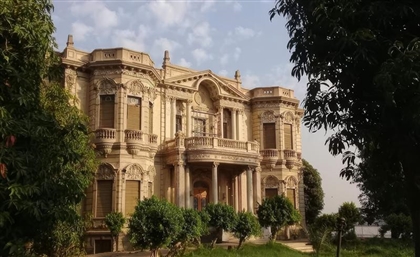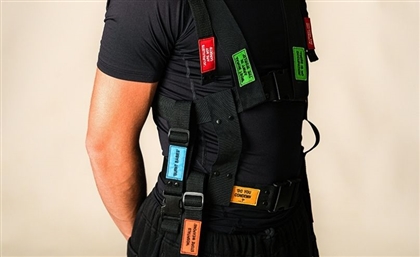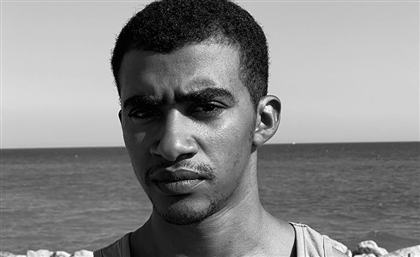Fatima AlAwadhi on Becoming the Youngest Emirati to Summit Elbrus
At just 17, Fatima Al Awadhi climbed Mount Elbrus and set a national record. We spoke to her about altitude sickness, school stress, and why Emirati girls belong outdoors and in leadership.

On a quiet night by a campfire, surrounded by friends, 17-year-old Fatima Al Awadhi took out her phone and typed a question into Google: What records can I break?
Earlier that day, one of her teachers had joked that she’d seen Fatima on Mount Everest. The remark, meant in jest, lodged itself somewhere more serious.

"That’s why I decided I wanted to climb the seven summits and be the youngest to do so.” Fatima shares with SceneTraveller, calm and matter-of-fact.
Six months later, she stood at the top of Mount Kilimanjaro. Another six, and she was on Mount Elbrus—Europe’s highest peak—planting the UAE flag in the snow at 5,642 metres above sea level, and breaking a national record in the process.
“I wanted to show young Emirati girls that we belong outdoors, in challenge, and in leadership.” It’s not a rallying cry. But it lands with quiet conviction—as self-definition.
Climbing the Seven Summits isn’t just a mountaineering milestone—it’s a global proving ground, a rarefied pursuit often dominated by older, male adventurers from colder climates, backed by well-funded expeditions. Fatima, however, is stitching her ambitions between A-level coursework and the usual teenage rites of passage.
“I went through my A-level exams right before Elbrus,” she says. “I graduated about a week before I summited.” Her prep was improvised—light gym sessions and runs where possible. “It was actually quite hard to prepare for it because I was too busy studying.”
Despite the minimal training, she made it. But day one nearly ended it.
“I got altitude sickness,” she recalls. “I think I overexerted myself during training and it made me question whether I belonged on the mountains.” She pauses, then adds: “But I was back at it the next day.”
The climb itself took three days. “We spent the first two days training—learning how to use the ice axe, wearing crampons,” she explains. “Then, around midnight on the second day, we started the summit push. We didn’t reach the top until sunrise.”
The biggest challenge wasn’t the tools or the terrain—it was staying mentally present. “It’s hard when you’re walking on snow for hours—it feels like it’s never-ending. That’s the biggest lesson I learned—to motivate myself without any external forces.”
But that’s not the only wisdom she carries.
For aspiring mountaineers—or anyone staring down an intimidating goal—Fatima is practical: “Don’t wait. Just do your research, know your limits, and most importantly: stay safe.”

Her next summit attempt is already in the works. But what excites her most now is tying her climbs to something greater.
“My goal is not only to climb mountains—I want to integrate community service into it. Whether it’s for specific people or the environment, I want it to matter.”
Fatima Al Awadhi isn’t trying to be a symbol. But symbols don’t always come from intention—they emerge from action. In a region where ambition, especially female ambition, is often packaged to fit a mold, Fatima is neither scripted nor ceremonial. She is focused. Methodical. Her voice steady. Her lessons earned.
She still remembers the altitude sickness. The heavy water bottle she carried and never used. The too-small backpack that barely fit the essentials.
Her only regret? “I didn’t take enough pictures.”
But she’ll take more—of summits, of snow, of whatever comes next.
- Previous Article Saudi Retail Tech Firm Rewaa Closes $45 Million Series B Round
- Next Article Inside Egypt’s Seven UNESCO World Heritage Sites
Trending This Week
-
Feb 07, 2026
-
Feb 06, 2026



























